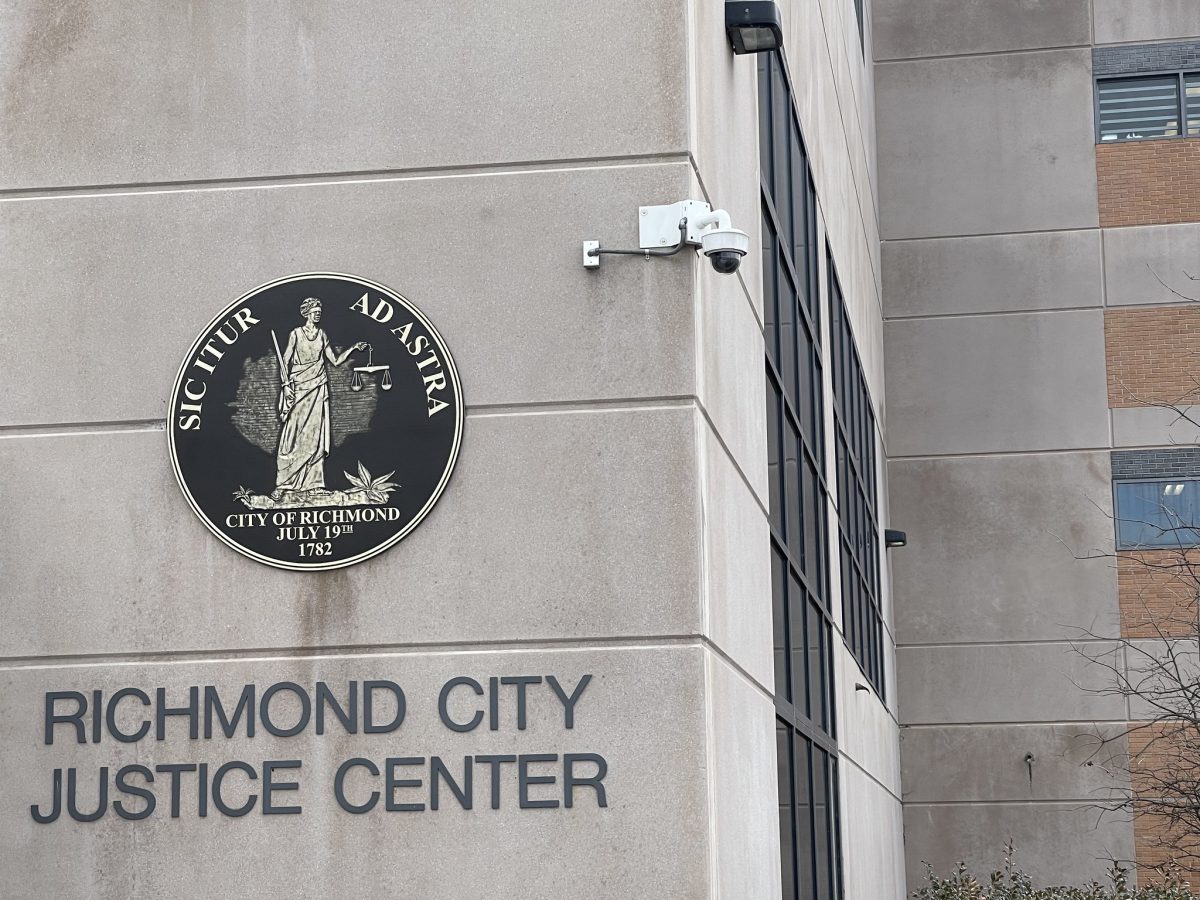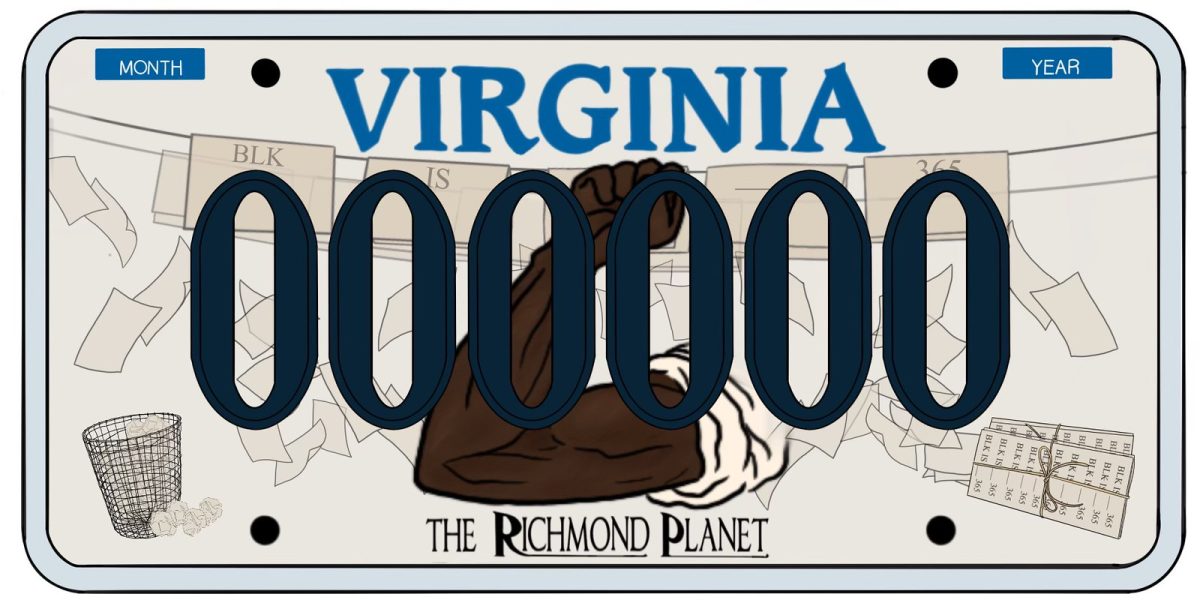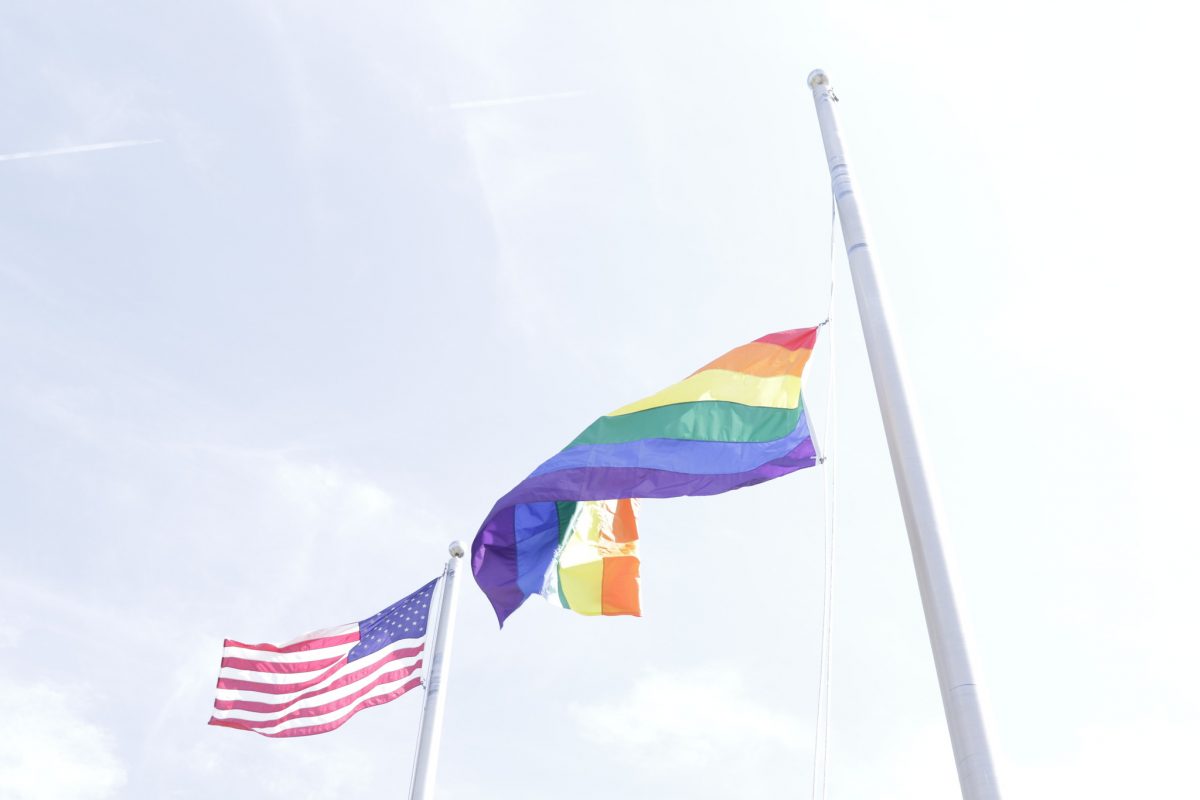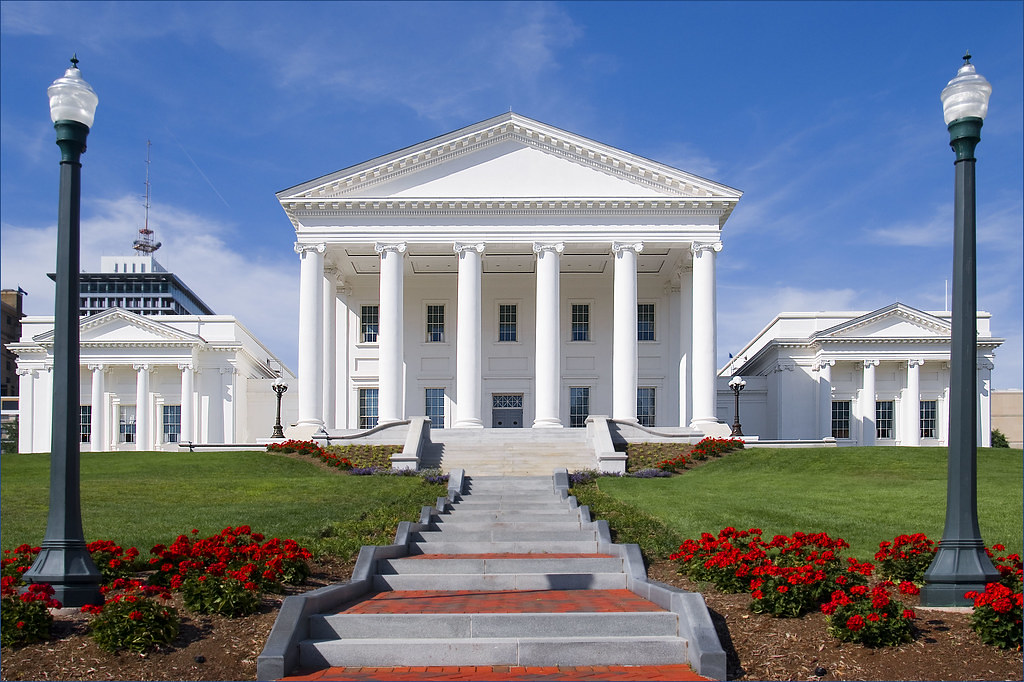Incarcerated people and their loved ones will continue to pay fees that advocates and some lawmakers say are too stiff. Senate Bill 581, introduced by Sen. Joseph Morrissey, D-Richmond, initially proposed to eliminate jail fees related to the costs of an inmate's...





